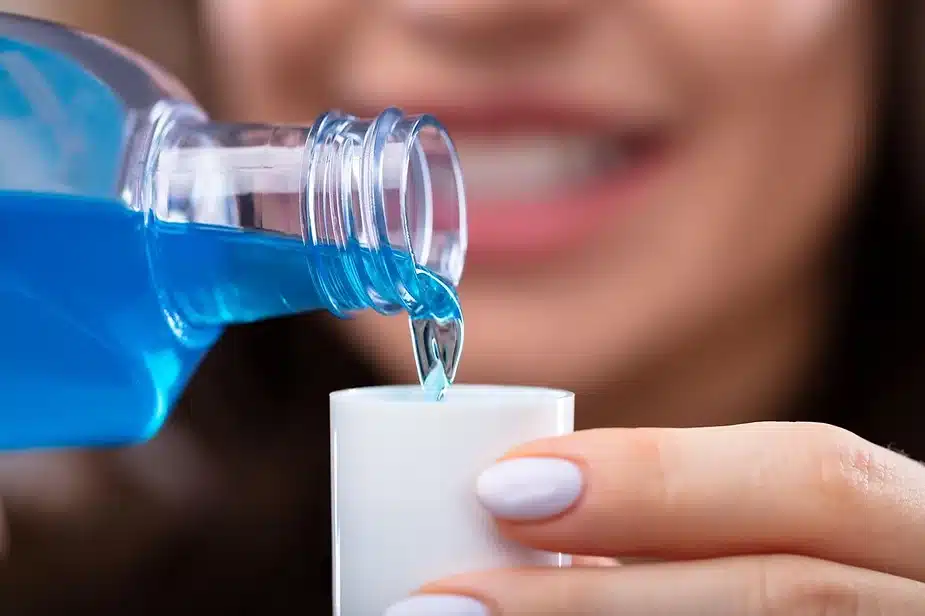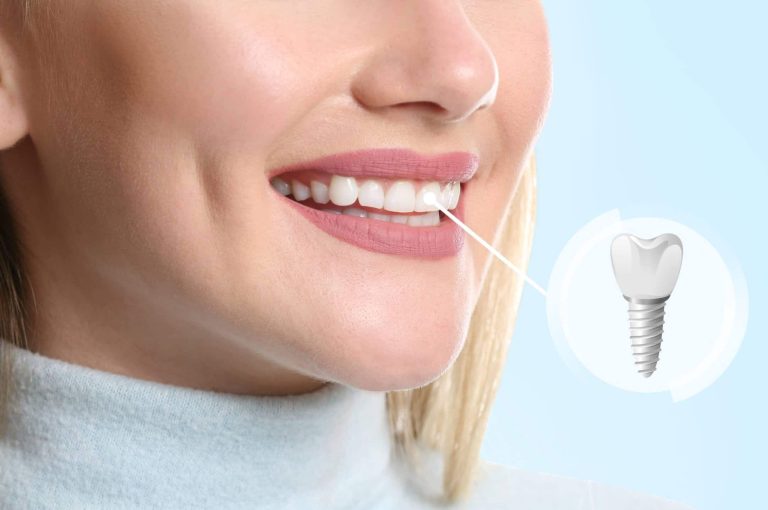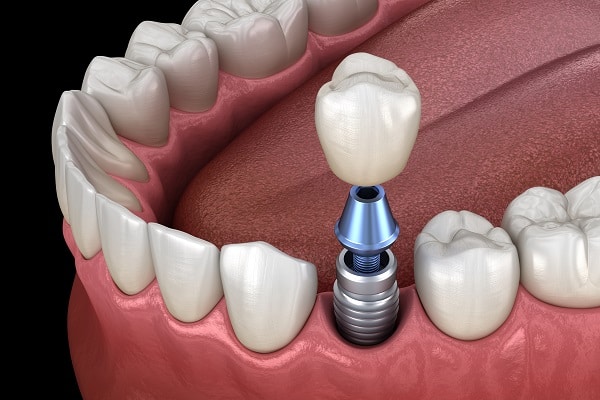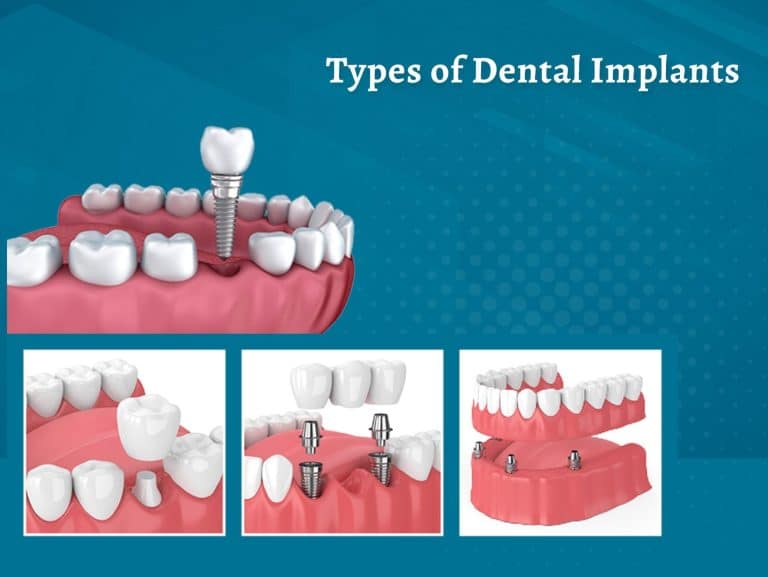Choosing the right mouthwash can be overwhelming. Store shelves are stocked with dozens of oral rinses, and the packages host long lists of features and benefits. Here’s how to choose mouthwash based on those needs.
Types Of Mouthwash
There are two types of mouthwashes: cosmetic and therapeutic.
Cosmetic mouthwashes control bad breath temporarily and leave a pleasant taste in your mouth.
Therapeutic mouthwashes include ingredients that provide long-lasting bacterial reduction and can be used for conditions such as receding gums, gingivitis, dry mouth, and plaque buildup. They’re available over-the-counter and by prescription.
Take a look at the ingredients
It’s important to take a close look at the ingredient list. Many products have multiple ingredients geared to treat specific conditions or overall dental health. Some ingredients in mouthwash to look for include:
- Fluoride. This ingredient fights tooth decay and strengthens enamel.
- Cetylpyridinium chloride. This eliminates bad breath and kills bacteria.
- Chlorhexidine. This reduces plaque and controls gingivitis.
- Essential oils. Some mouthwashes contain compounds found in essential oils, such as menthol (peppermint), eucalyptus, and thymol (thyme), which have antifungal and antibacterial properties
- Carbamide peroxide or hydrogen peroxide. This ingredient whitens teeth.
Mouthwash should be used in addition to brushing and flossing. Unless they’re designed specifically for young children, most mouthwashes are meant for those who are 6 years old and up. Children older than 6 who might swallow mouthwash should be supervised during their use.
If you have any questions or need advice on how to pick your mouthwash, feel free to contact us.










